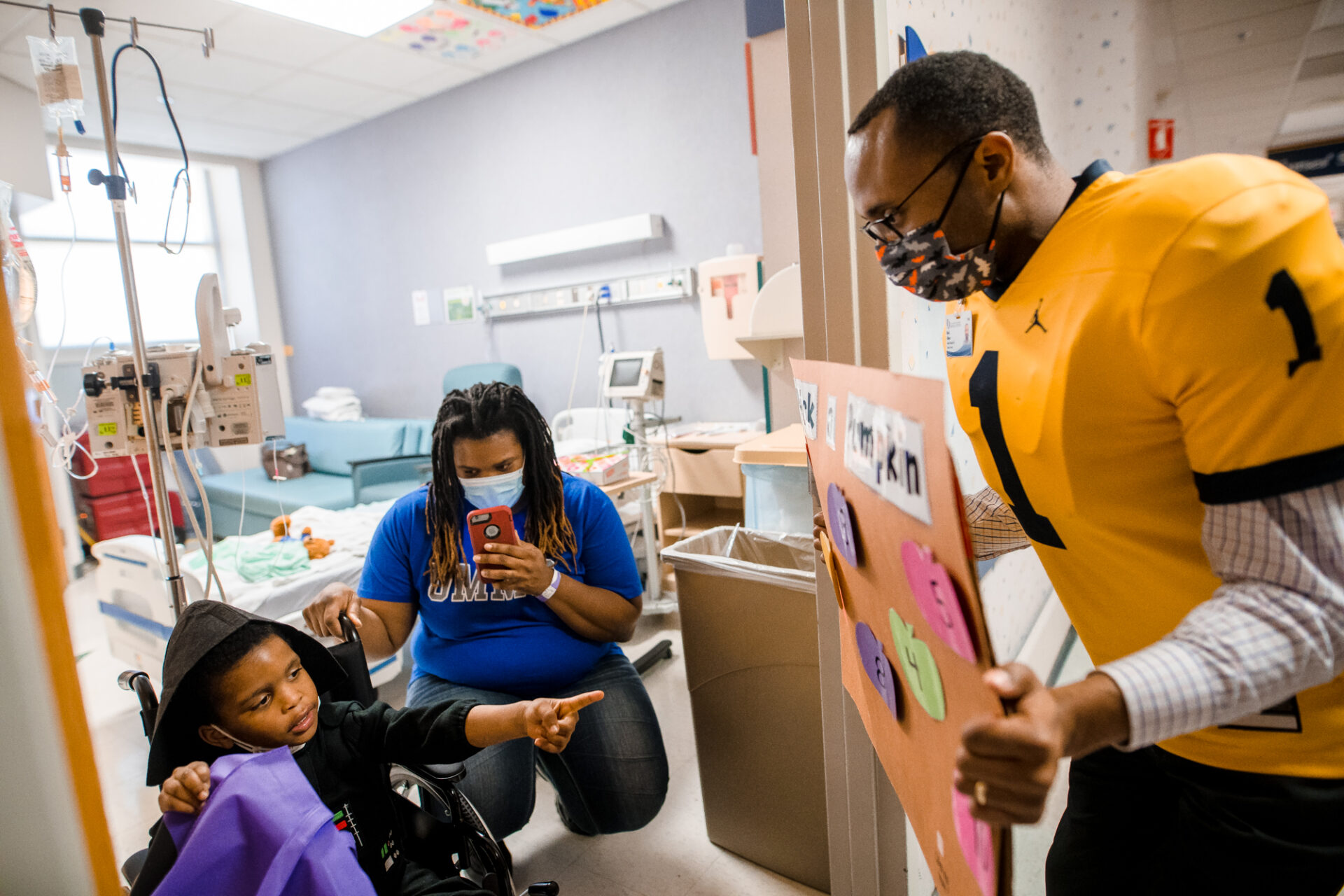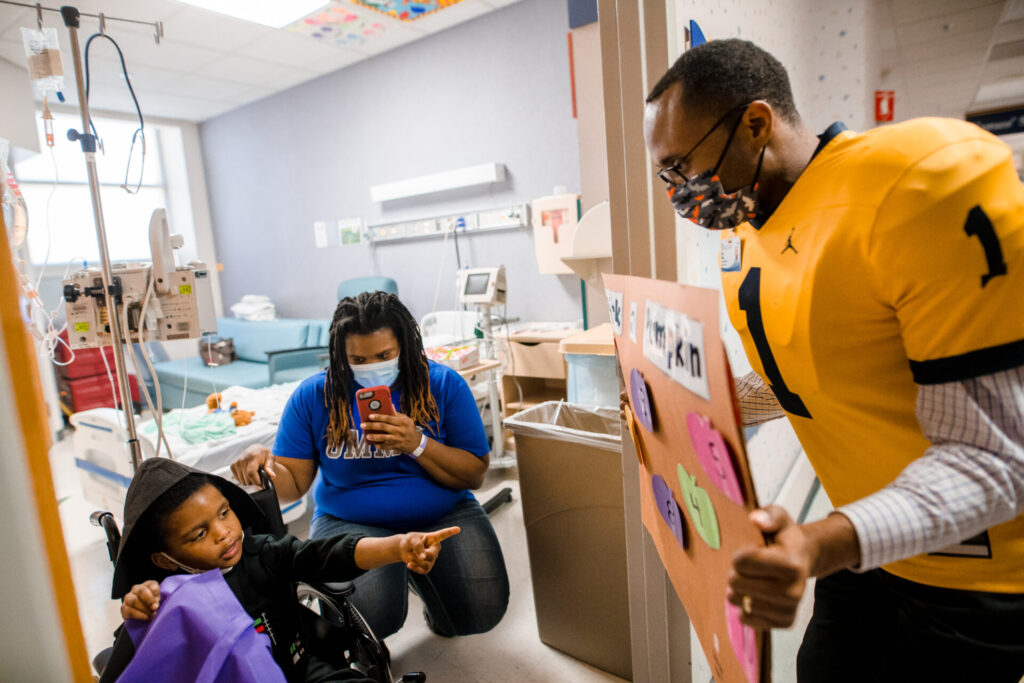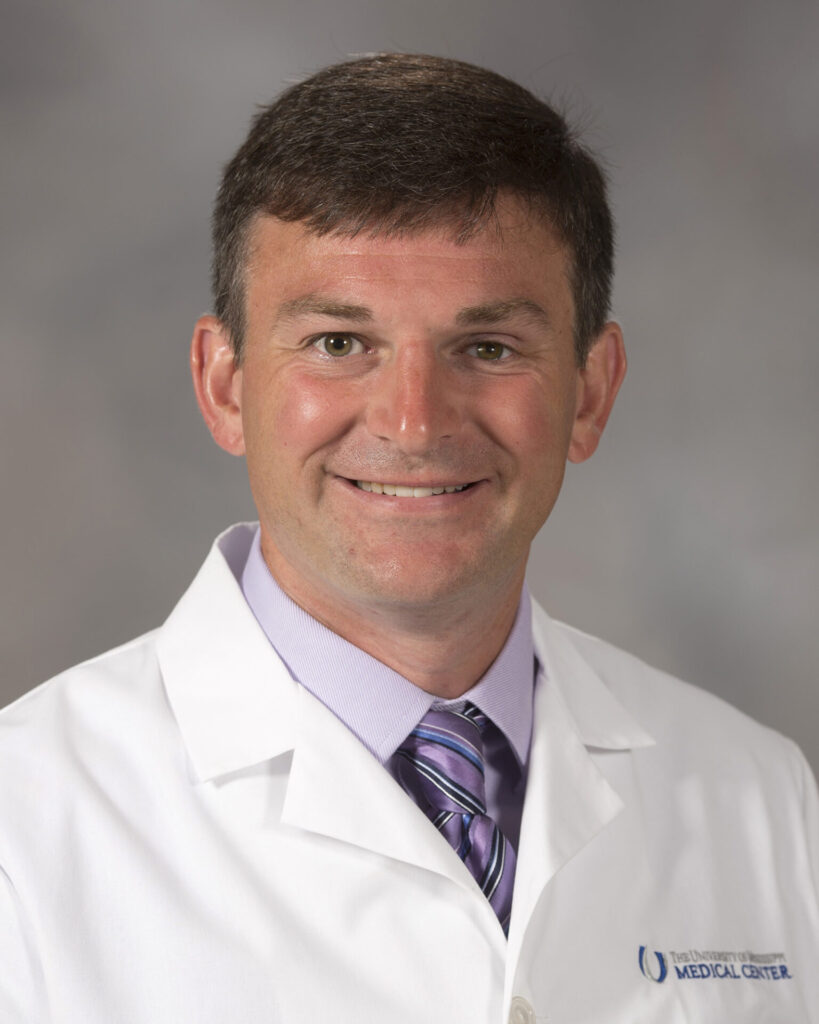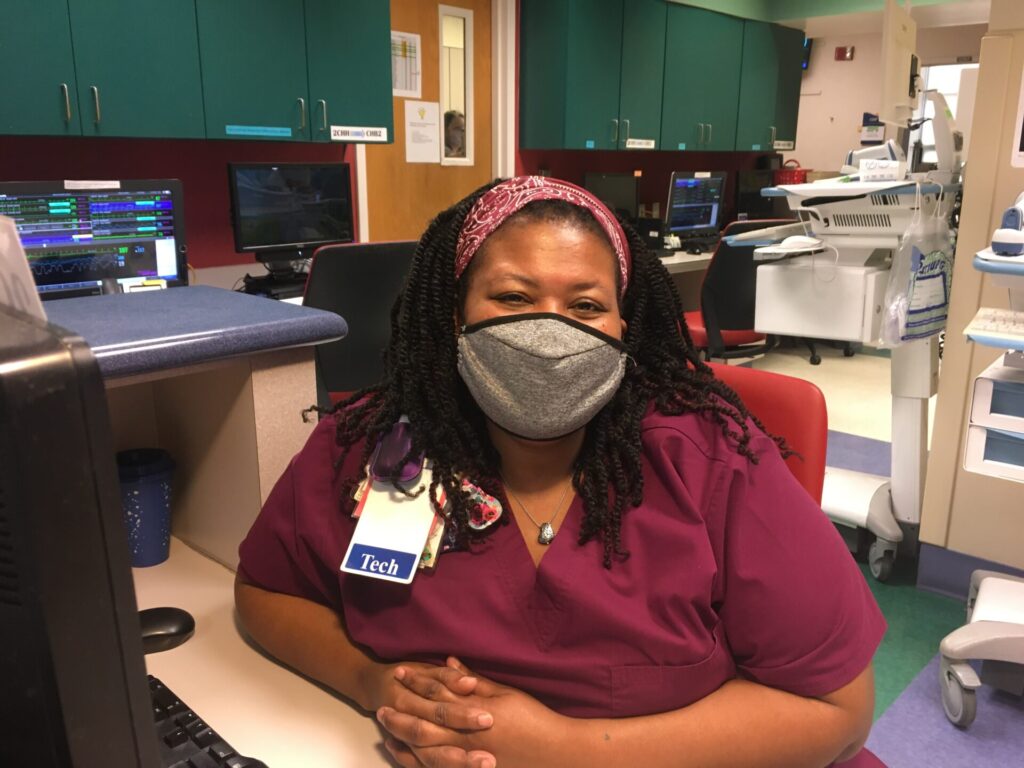Featured
UMMC EXPERTS: Gratefulness is Possible, Even in a Pandemic
As COVID-19 ramped up in April 2020, before the vaccine, before the monoclonal antibodies, before the promising anti-viral drug Remdesivir, Mark Gilbert’s father was one of the earliest victims.

By Ruth Cummins
University of Mississippi Medical Center Communications

As COVID-19 ramped up in April 2020, before the vaccine, before the monoclonal antibodies, before the promising anti-viral drug Remdesivir, Mark Gilbert’s father was one of the earliest victims.
“We lost my dad, and then my grandmother died,” said Gilbert, a University of Mississippi Medical Center hospital chaplain and ordained minister. “And then, one of my father’s sisters died. It was all in a year and a half.”
During the extended holiday season, you might think Gilbert would have a hard time giving thanks – but he is grateful, every day, for things in his life big and small.
“I don’t see the world the same way as I did pre-COVID,” said Gilbert, who graduated from seminary in 2010 with a master of divinity and is now pursuing his doctorate.
“I’ve slowed down. I have taken every moment as a moment to breathe, to pause, and to live into. Even if it’s a stressful moment, I’m grateful to be able to live in that moment.”
Being grateful can have an effect on the mental and physical health of Gilbert and others, whether 2021 treated them well considering, or whether they suffered devastation to their minds and bodies or coped with overwhelming loss. Studies have shown that gratitude isn’t just appreciating someone’s help, but also gratefulness that comes about when you notice and appreciate positive things in life.
“There’s ample research that shows how much a grateful mind, a thankful mind or an attitude of being grateful tremendously helps our emotional and physical well being,” said Dr. Danny Burgess, an associate professor in the Department of Psychiatry and Human Behavior and executive director of the UMMC Center for Integrative Health.
But the opposite of that is sometimes true. “As humans, we have a tendency to focus on and dwell on the negative things,” Burgess said. “From an evolutionary aspect, we have to pay attention to the things that are threatening to us.
“Being intentional and purposeful in acknowledging the good things in our life can help shift our mind and balance out things we see as negative,” he said.
“When it comes to having a grateful heart in the midst of chaos, the little things become more obvious,” Gilbert said. “You start to pay attention to what really matters. That’s a catalyst for a grateful heart.”
Case in point: The one-year anniversary celebration held on Nov. 2 to mark the opening of Children’s of Mississippi’s Sanderson Tower. “We saw all those balloons and party hats, and the Community Room being open,” Gilbert said of the Tower’s spacious lobby and space for gatherings.
“Several employees said they were grateful to be able to share in it. Normally you’d walk past a bunch of balloons. Now, it’s in the moment … soaking it in, rather than passing it by.”
Angie Sterling, a hospital tech on the second floor of Children’s of Mississippi’s Batson Tower, is among front-line employees who dealt with devastation and stress over the course of the pandemic. Even so, “I’m thankful for friends, family, health, compassion, love and understanding,” Sterling said.
“There were struggles this year, but I keep in mind that someone else may have it worse. That’s why we should treat everyone with compassion and love.”
Even if it hurts, try to find the bright points of the past two years, advises Dr. David Elkin, a professor in the Department of Psychiatry and Human Behavior and executive director of UMMC’s Center for Advancement of Youth.
“It’s going to be difficult for people to find room in their hearts to be grateful, but the struggle is worthwhile,” Elkin said. “Gratitude forces the heart to look outside of itself. Our tendency, understandably, is to focus on ourselves and how the events of the world are affecting us.
“If we can find a way to be grateful, it takes the ‘I’ out of it,” he said. “It’s an exercise, like a muscle that has to be worked. It’s going to be hard, but it’s a muscle that needs to be worked.”
The Medical Center’s Office of Well-being and John D. Bower School of Population Health, through its ”24 Days of Inspiring Gratitude,” is educating employees about the health and wellness benefits of gratitude through social media and in-house communications. “Research shows that gratitude practice increases happiness and life satisfaction, and reduces burnout,” the emails say.
The reflections offer food for thought as people strive to be grateful, often during stressful times. “What is a favorite outing you went on this year?” asks one reflection. Others: “What is different today than a year ago that you are grateful for?” and “What is a trial or challenge that has strengthened you?”
Gilbert said he’s heartened by employees and patients who, even in the worst moments of their lives, can be grateful. That includes thanking him for being present for them as a Medical Center chaplain.
“I’ve found this amazing,” he said. “You can see that they are embodying holding on to what they have.
“I’m grateful to be able to move forward, and it’s my faith that helps me to be grateful,” Gilbert said. “I have my wife, my children, the Medical Center. Ultimately, it could be a lot more difficult.
“This year has been challenging, but in the middle of the storm there is always some light, and eventually I find it. And I’m grateful.”












































